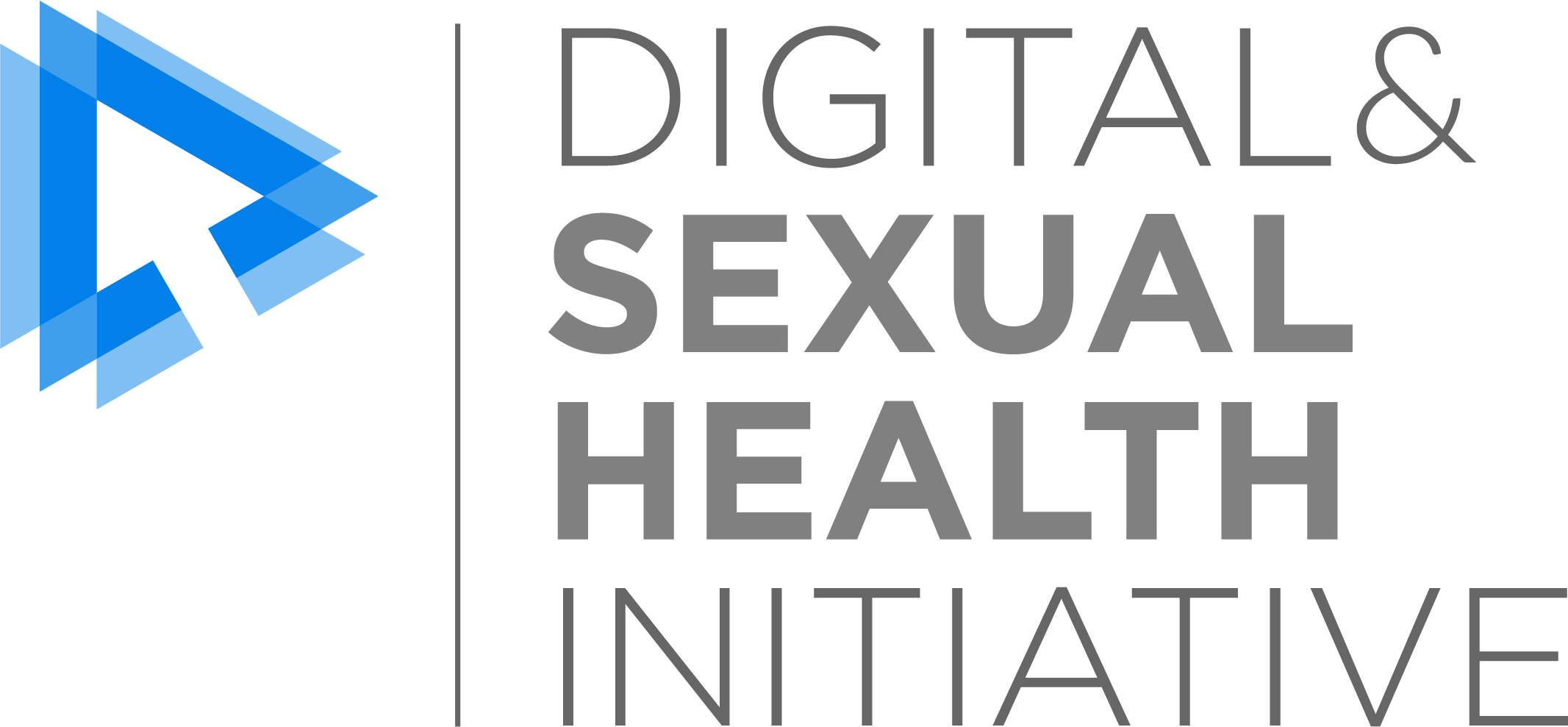TALK2THEM: Focus group testing an online STI/HIV partner notification toolkit in British Columbia, Canada
Research theme(s)
Partner Notification
Emily Mallia, Devon Haag, Mark Bondyra, Mark Gilbert
IUSTI 2018 World & European Congress, Dublin, Ireland; June 27-30, 2018.
Introduction
Electronic partner notification (ePN) websites send anonymous emails or text messages to notify persons of STI exposure, providing newly diagnosed STI cases with an alternative way to notify partners. Research in British Columbia suggests that ePN would interest youth, men who have sex with men (MSM), and those with higher numbers of sexual partners; reaching populations not met by current partner notification practices. We developed a model online toolkit, including both an ePN platform and online STI/HIV support resources, and focus group tested the model with clients and nurses.
Methods
We invited past clinic clients (who had consented to be contacted for research) to participate in the focus group of their choosing: youth, MSM, or a general client group. Focus groups were also held with youth clinic nurses, provincial public health nurses (via teleconference), and local clinic nurses. Each focus group was thematically analyzed and participant demographics were collected with a brief questionnaire.
Results
Client focus groups had a total of 13 participants (5 youth, 4 MSM) while nurse focus groups had a total of 66. 85% of client participants indicated they had used their smartphone to search for sexual health information. There was positive agreement between clients and nurses on the acceptability and usability of an ePN toolkit. Both participant-types were concerned about the anxiety/fear in receiving anonymous notification of infection, especially if the message mentions HIV, but both participant-types appreciated the need for anonymous options. The largest concern identified was spam likeness – the possibility that messages may appear fake or untrustworthy, leading a recipient to ignore it. Discussions also included language and customizability of messaging, confidentiality, credibility, and potential work-load for nurses.
Conclusion
We confirmed that an ePN toolkit would be accepted by clients and useable for healthcare providers. Valuable feedback was gathered and will be incorporated before the toolkit enters public use.
